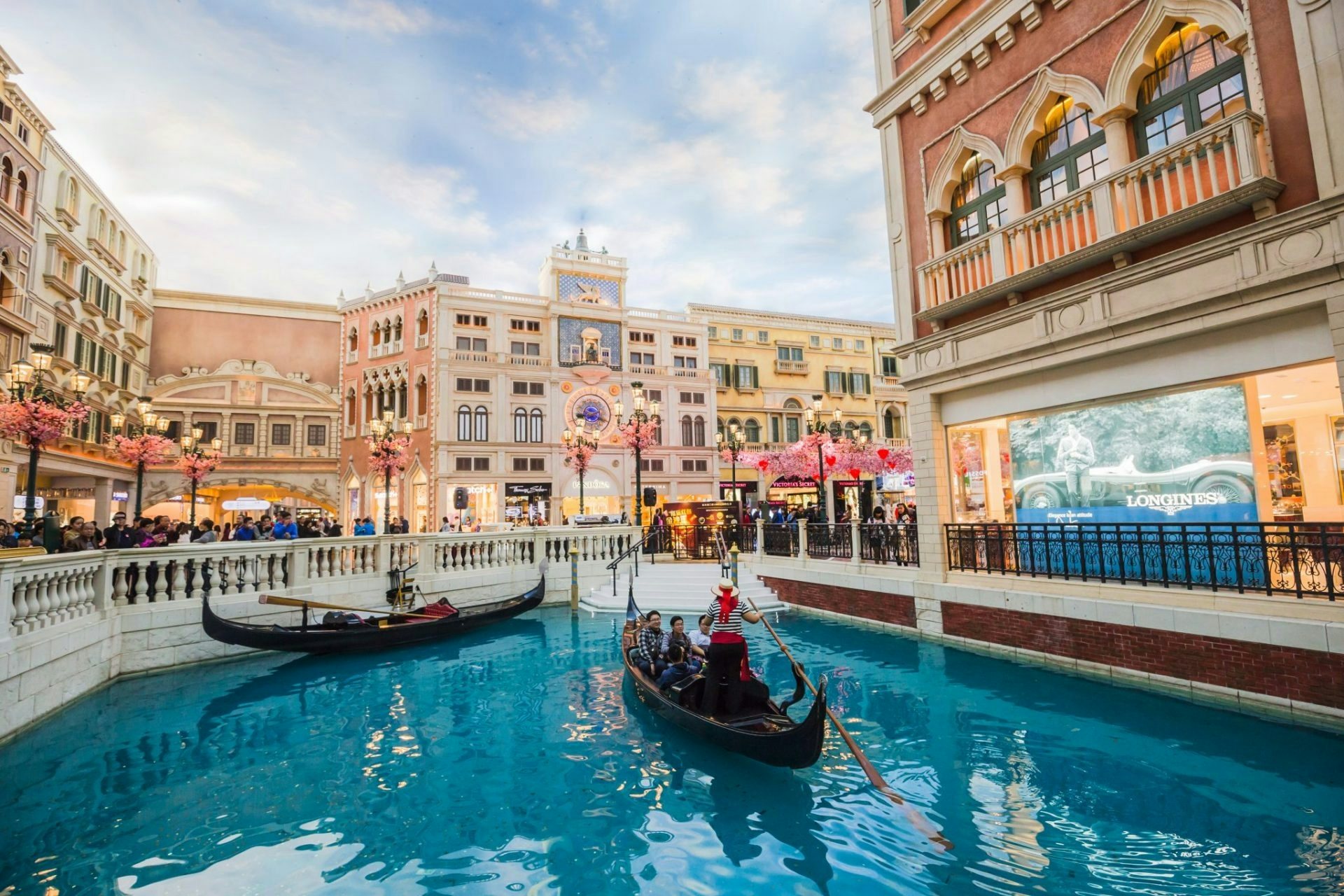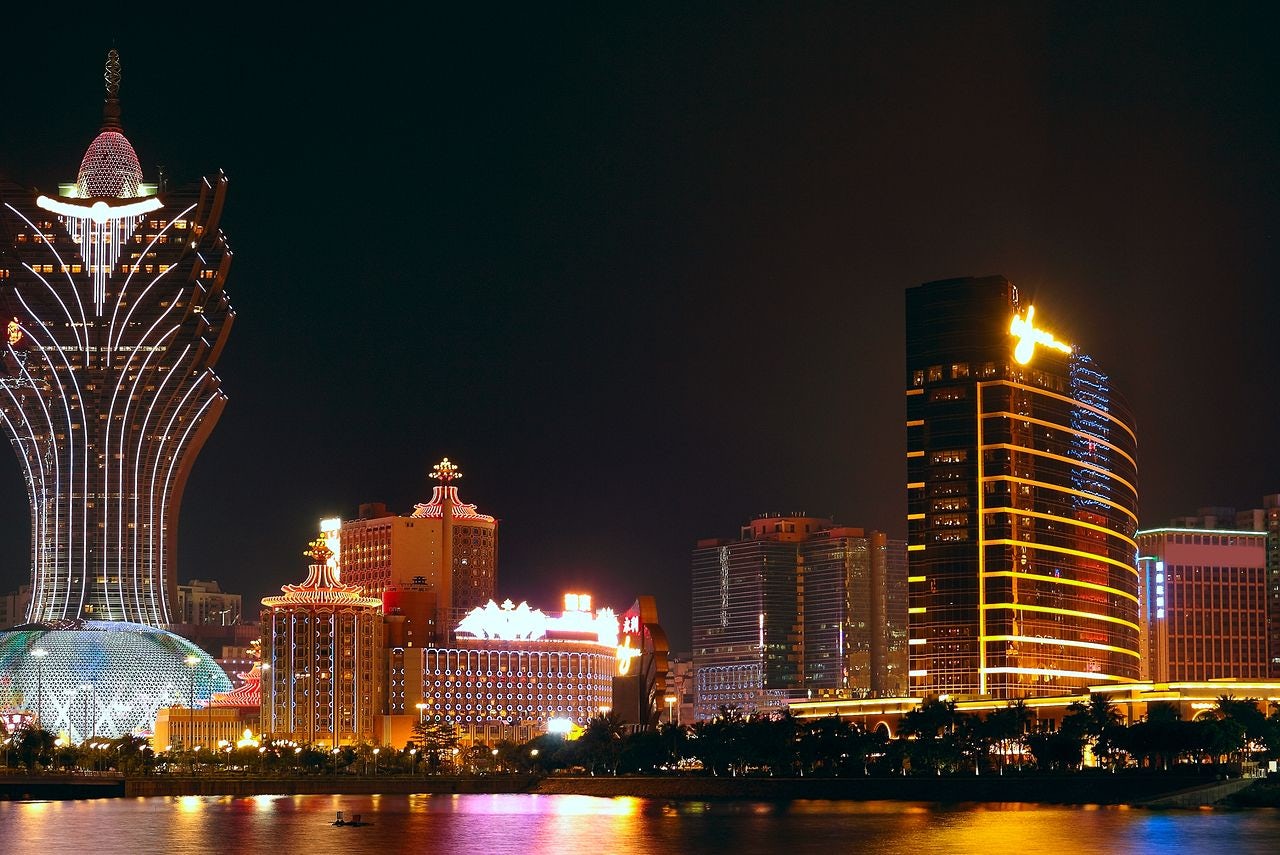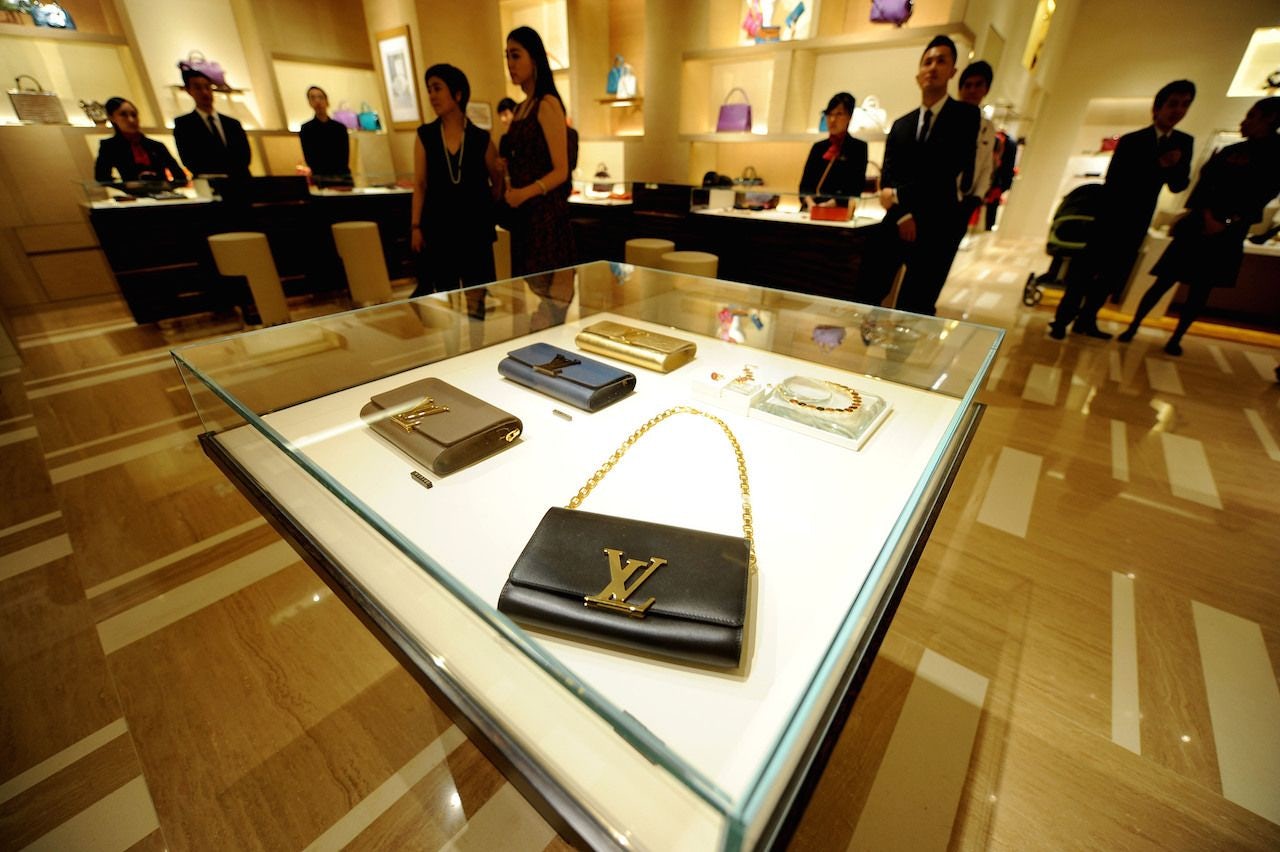Macau has been attempting to transform itself into a cleaner tourist destination with a wider appeal by branching out from its traditional mainstay of gambling, which has been used as conduit for money laundering. But despite these efforts, gambling is making a comeback, which poses risk for Macau's tourism industry.
From April to June of this year, Macau’s VIP baccarat rooms pulled in 4.46 billion, representing a 34.8 percent increase as compared to the same period last year. Baccarat, in particular, is known for its association with the biggest spenders in Macau’s gaming industry.
This sharp rise will likely draw Beijing’s attention as it continues its efforts to clamp down on outward capital flows disguised as gambling or luxury tourism. Beijing first cracked down upon Macau’s gaming industry in 2014 with an anti-corruption push that scared off many high rollers. VIP gaming in Macau only began recovering this year.
However, the recovery may be moving along too quickly. The news of a potential crackdown in response to increased gambling revenue actually caused some gaming stocks to decline.
Since the downturn in 2014, Macau has attempted to build more mass market venues and hotels to broaden its tourist appeal. The Macanese government has also attempted to make Macau a more "family-friendly destination" with attractions like museums and indoor play facilities.
Nonetheless, gambling remains the bedrock of the Macanese tourism industry, with large numbers of Chinese tourists coming to spend money at high-end casinos and resorts.
Officials in Macau also introduced a new policy that requires individuals leaving the city with cash or other “negotiable monetary instruments,” valued at more than 14,600 (MOP 120,000) must be submitted to Macanese customs. This includes travelers’ checks and gold coins.
So far this year, Beijing has ramped up efforts to control capital outflows. These efforts have included foreign exchange reporting, but also scrutiny of large firms engaging in high profile investment abroad, such as tourism juggernauts HNA and Wanda Group.
Given the wide-ranging efforts the Chinese central government has undertaken, it seems likely that the sharp rise in VIP takings in Macau will lead to another round of crackdowns and scrutiny.
Moreover, it is unclear if Macau can ever again maintain steady gambling revenue as long as anti-corruption remains a main initiative of the Chinese Communist Party.


